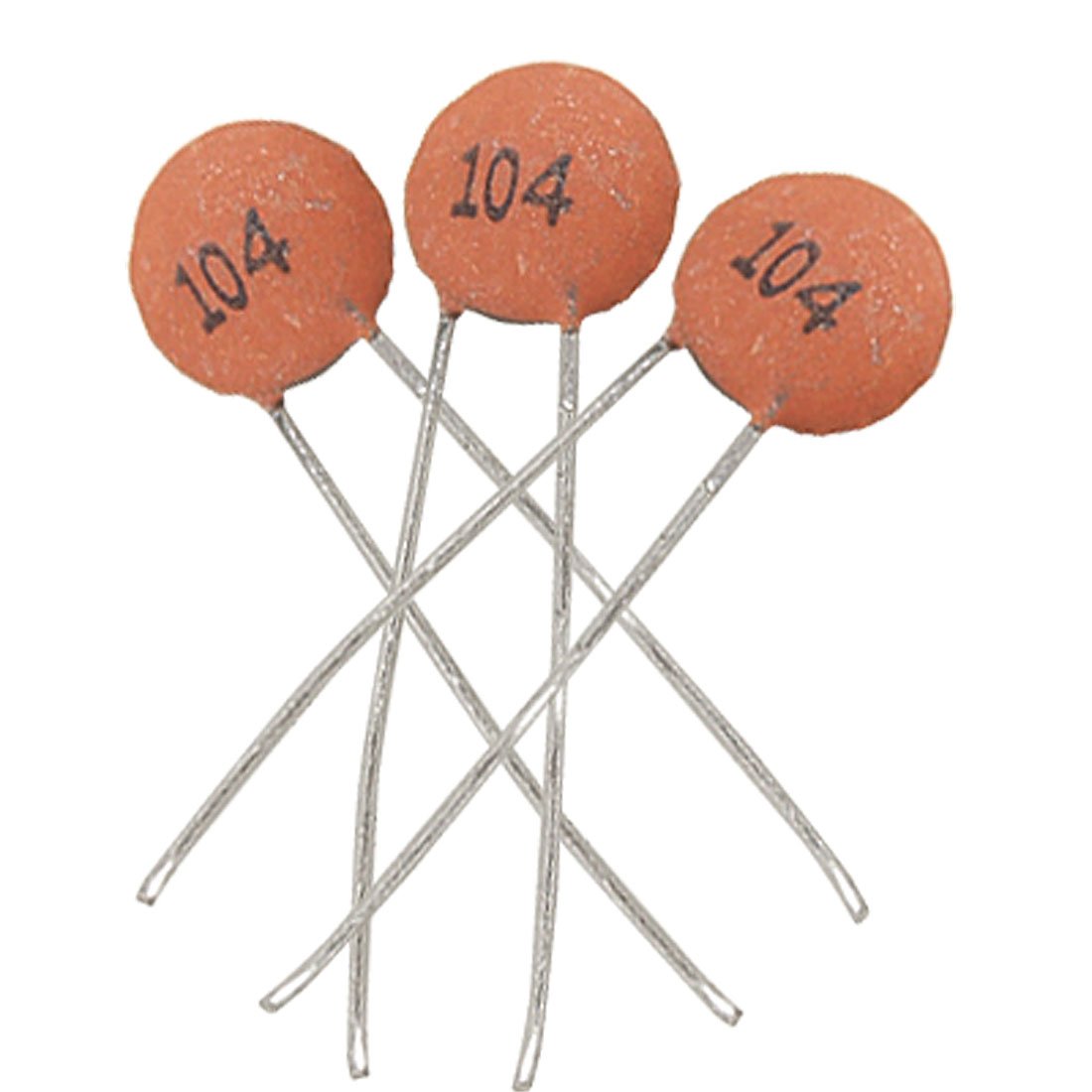In the world of electronics, capacitors play a crucial role in storing and releasing electrical energy. While their primary function is to store charge, many wonder if capacitors can also increase amps. In this blog post, we will delve into the intricacies of capacitors and explore whether they have the potential to boost amps. By understanding the underlying principles, we can unlock the true power of capacitors and their impact on electrical systems.
- Capacitors and Amps: Understanding the Basics
To comprehend the relationship between capacitors and amps, we must first grasp the fundamental concepts. Amps, short for amperes, measure the flow of electric current in a circuit. Capacitors, on the other hand, store and release electrical energy in the form of charge. While capacitors are not designed to directly increase amps, they can indirectly affect the current flow in certain scenarios. - Power Factor Correction: Enhancing Amps with Capacitors
One area where capacitors can have a significant impact on amps is power factor correction. Power factor is a measure of how effectively electrical power is utilized in a circuit. In systems with low power factor, capacitors can be strategically introduced to compensate for reactive power, thereby improving the overall power factor. By enhancing power factor, capacitors indirectly increase the available amps, resulting in a more efficient and reliable electrical system. - Capacitor Banks: Boosting Amps in Industrial Applications
In industrial settings, where large electrical loads are common, capacitor banks are often employed to boost amps. These banks consist of multiple capacitors connected in parallel and are utilized to counteract the reactive power generated by inductive loads. By reducing reactive power, capacitor banks improve power factor, leading to increased amps and improved energy efficiency. This application is particularly useful in industries where high power demands are present, such as manufacturing plants and data centers. - Transient Response: Capacitors and Dynamic Load Handling
Another aspect where capacitors indirectly impact amps is in handling dynamic loads. Dynamic loads refer to sudden changes in current demand, which can cause voltage fluctuations and affect the performance of electrical systems. Capacitors, with their ability to store and release energy quickly, can help stabilize voltage levels during transient events. By maintaining stable voltage, capacitors ensure that the amps required by the load are readily available, preventing disruptions and potential damage.
Conclusion:
While capacitors are not designed to directly increase amps, they play a crucial role in optimizing electrical systems and indirectly boosting amps in specific applications. Through power factor correction, capacitor banks, and transient response management, capacitors contribute to improved energy efficiency, enhanced power factor, and stable current flow. Understanding the capabilities of capacitors empowers engineers and technicians to harness their full potential, resulting in more efficient and reliable electrical systems.

